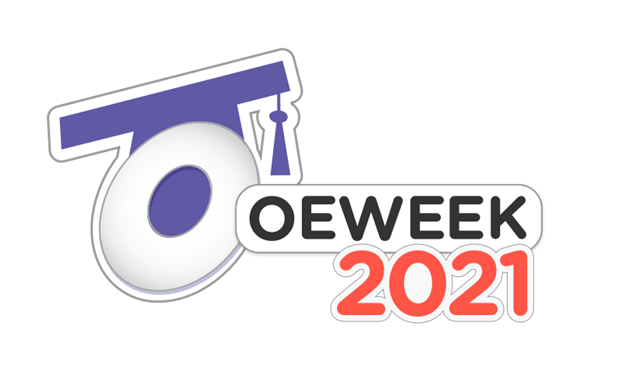
by
Dr David Porter, Senior Adviser: Higher Education
Dr Kirk Perris, Adviser: Education
Micro-credentials and open badges add new contours to the concept of open education, which should be viewed as a philosophy rather than a term warranting definition. Open education ascribes to make education barrier free and thereby enable the ongoing development of individual’s intellectual capacity and skills. In a measurable and evidence-based workplace, defined by performance frameworks and ongoing professional development, individuals are increasingly required by their employers to demonstrate their capabilities. Paradoxically, appraisals are known to be highly subjective, lacking detail, de-contextualised and inconsistent. New forms of credentialing have emerged that enable clearer understanding of what individuals can do and, we argue, serve to better empower the individual to demonstrate their knowledge and skills. In this context, we can assert that new forms of credentialing, in the form of micro-credentials and open badging can bring better recognition to individuals’ capabilities and further reinforce our understanding of open education.
In an earlier blog post, we referenced Rossiter and Tynan (2019) who defined micro-credentials as being, “shorter than an award course but can represent from one to 100 hours of learning, may or may not be certified by an accrediting institution or association, and may be taken online or as a face-to-face experience.” Presant argues that this emerging credentialing pathway is on a continuum. At one end, micro-credentials are formal, summative, and authenticated by a legitimate learning institution and at the other end lies open badges, which he views as informal, formative and authenticated by any issuer which may include a legitimate learning institution (2021). Regardless of whether an individual or an institution may seek, offer, display or interpret a micro-credential or open badge, these new credential formats are important pathways for enhanced employability and productivity. They empower individuals to showcase what knowledge and skills they have and provide objective information to institutions to have better metrics on what their employees – or candidates – can do.
On the horizon is the idea of open competency frameworks, very much like a repository of open educational resources. Organizations outside of academia which are primarily employer-facing are already exploring work in the domain. Forth (2020) has noted that, “Open Competency Models are an important innovation for everyone concerned with building capabilities, improving human performance and realizing the potential of individuals, teams, organizations and professions.” He further notes that it would be important for open competency models to be assigned a Creative Commons license, “so that everyone can use and evolve them at no charge.” Applying open thinking to make a better match between humans, their skills and workforce needs is an emerging opportunity to further embed open educational practices in the work of institutions and add additional value to employability frameworks such as those developed by COL (Commonwealth of Learning, 2019).
On March 9, 2021, COL will host the second online workshop in its series on micro-credentials. The workshop will feature four guest presenters from the formal and informal sectors presenting their ideas and examples of how they have instituted micro-credentials to support the acquisition and articulation of knowledge and skills by individuals to increase their opportunities for employment in a rapidly changing world. As the World Economic Forum Jobs 2020 report (2020) noted, there is an increasing need to provide short-timeframe opportunities for re-skilling and upskilling that will not diminish as we move forward.
These discussions are welcomed and needed. They advance our understanding of credentialing, and more broadly advance the need for open educational practices to better align with workforce development.
References:
Commonwealth of Learning (2019). Integrating employability in higher education institutions: an introduction to the Commonwealth of Learning’s employability model for prospective partners. Retrieved from, http://oasis.col.org/bitstream/handle/11599/3123/19_Hi_Ed_Employability_March5.pdf
Forth, S. (2020). Designing the Open Competency Model Architecture. Retrieved from, https://www.ibbaka.com/ibbaka-talent-blog/designing-the-open-competency-model-architecture
Presant, D. (2021). The missing pieces: micro-credentials for building a lifelong learning society. Presentation at the COL Online Workshop Series on Micro-Credentials. Accessed at: https://www.youtube.com/watch?v=9Qk0k8kXfZI&feature=youtu.be
Rossiter, D. & Tynan, B. (2019). Designing and implementing micro-credentials: a guide for practitioners. Commonwealth of Learning. The Knowledge Series. Retrieved from http://oasis.col.org/bitstream/handle/11599/3279/2019_KS_MicroCredentials.pdf?sequence=1&isAllowed=y
World Economic Forum (2020). The future of jobs report 2020. Retrieved from https://www.weforum.org/reports/the-future-of-jobs-report-2020


